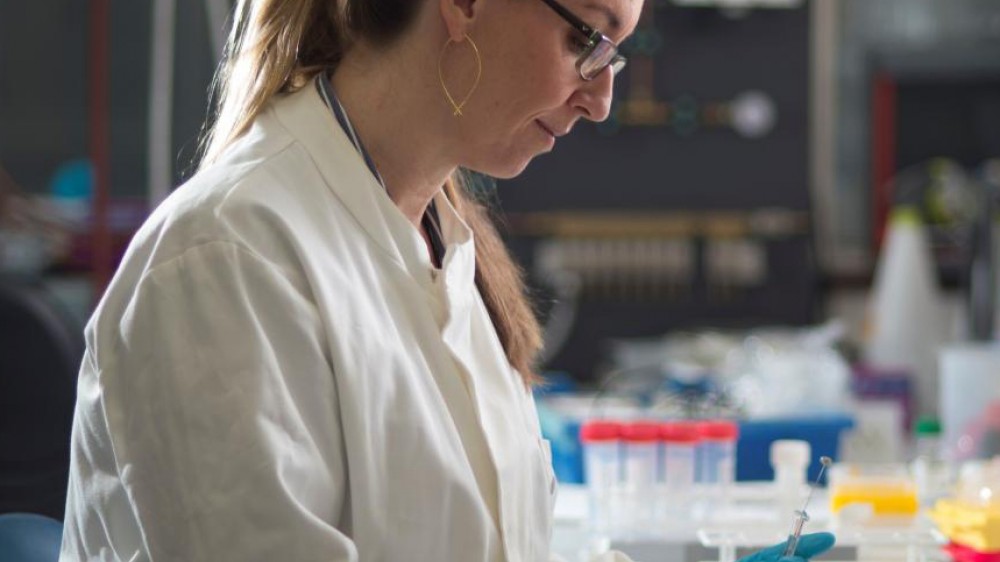Two innovative projects have been awarded £50k each through the NC3Rs CRACK IT Solutions technology partnering programme.
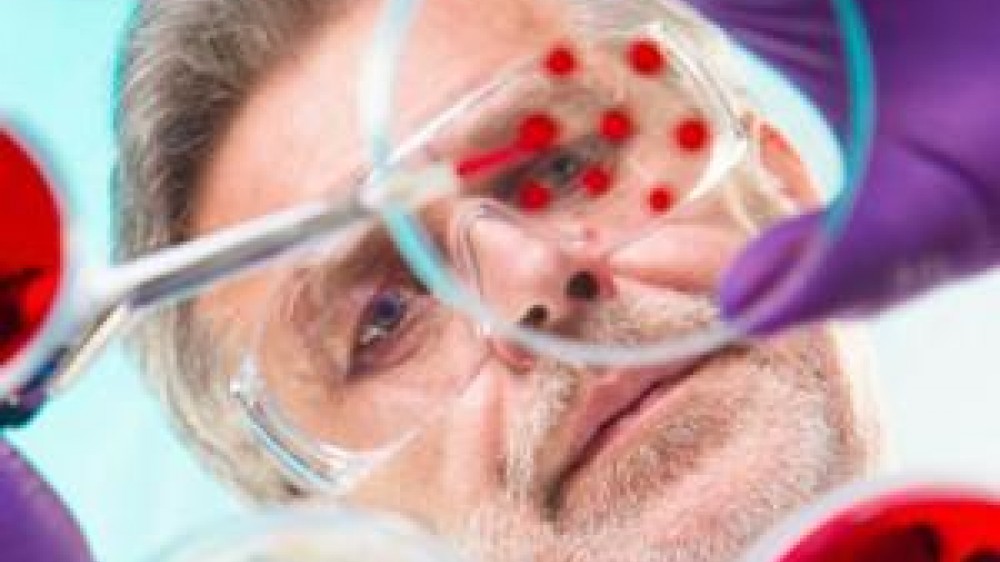
Two innovative projects have been awarded £50k each through the NC3Rs CRACK IT Solutions technology partnering programme.

This year we have funding for three PhD studentships as part of our collaboration with the British Heart Foundation (BHF).

We have recently published a review focusing on our PhD studentships, which is now available on our website.
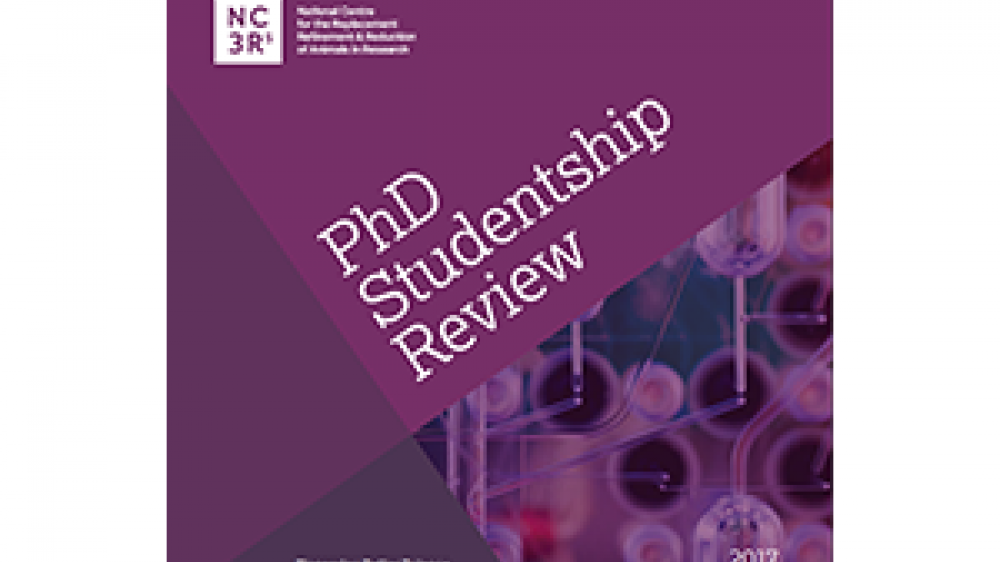
NC3Rs-funded PhD student Neal Rimmer, who works with Dr Jonathan McDearmid at the University of Leicester, shares his experience of participating in STEM for Britain, a competition that encourages early career researchers to promote their work by

Two teams have each been awarded £100,000 through the NC3Rs open innovation competition CRACK IT Challenges.
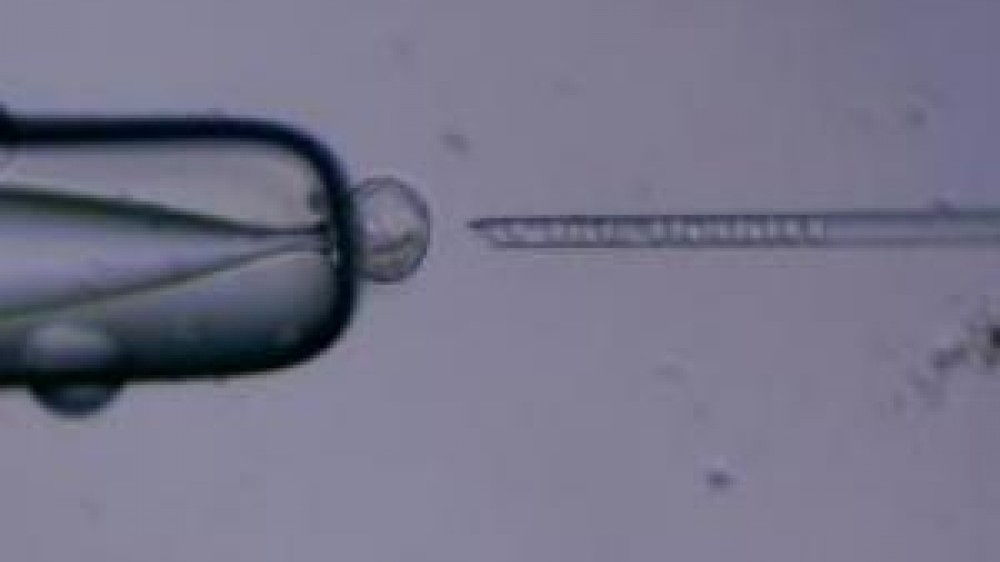
The Pint of Science festival is returning to pubs around the country on 15 - 17 May.
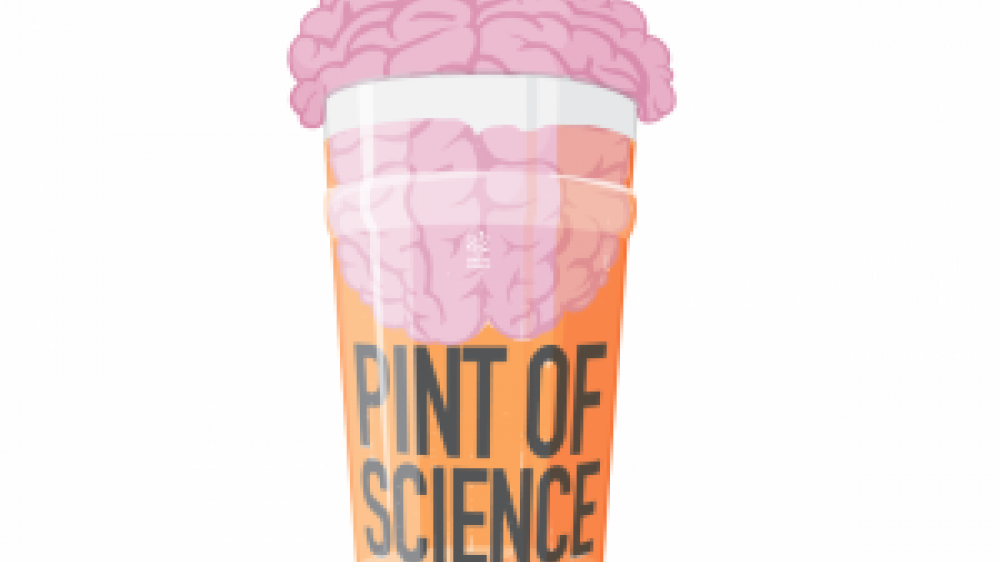
As part of the NC3Rs year of laboratory rodent welfare, our latest blog is from Professor Paul Flecknell, Newcastle University on the issue of aseptic surgery.

We know that compiling and submitting a grant application is a time-consuming process.

Promoting high standards of laboratory animal welfare by refining housing, husbandry and procedures is at the heart of NC3Rs’ work.
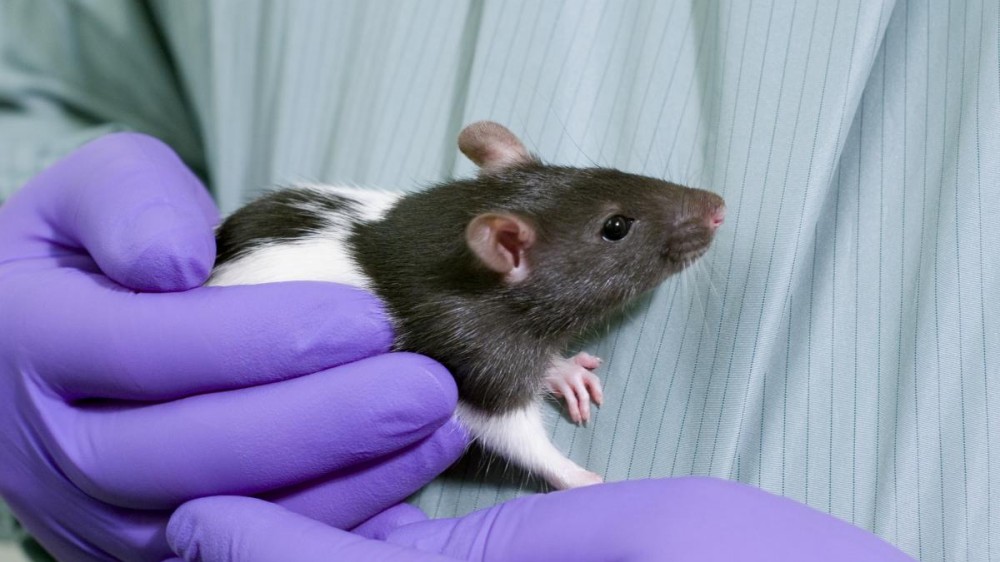
A new study shows that how mice are picked up can substantially change their behaviour in cognitive tests.
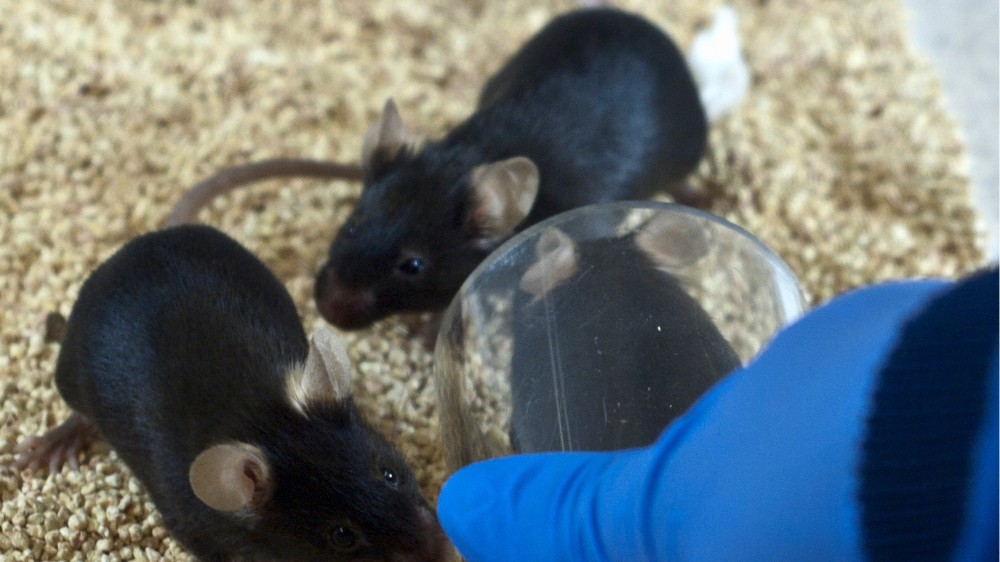
A new task for assessing memory in humans has been developed by a team at Durham University and published recently in Learning and Memory.
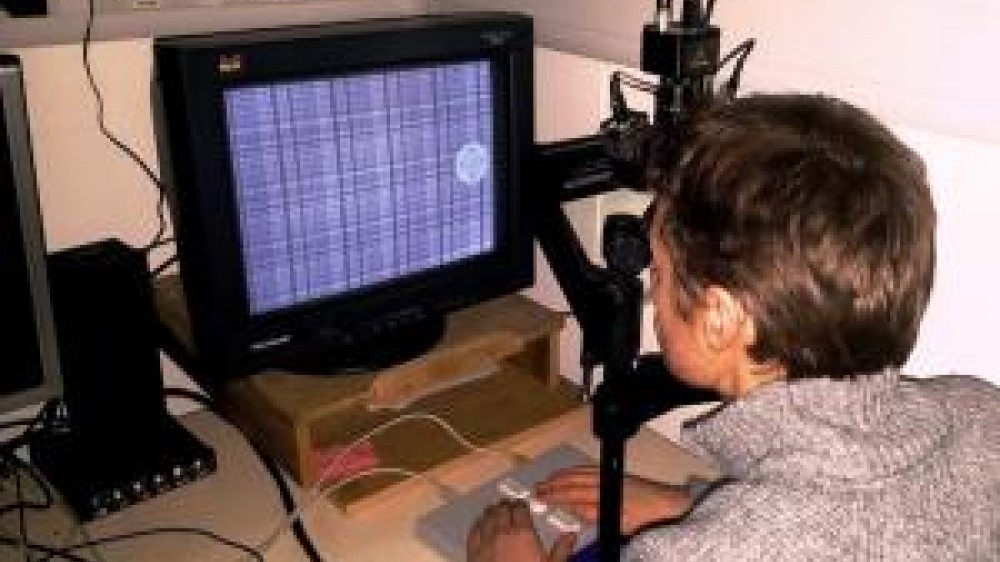
Six teams have been awarded over half a million pounds of funding in the latest Phase 1 proof-of-concept stage of the NC3Rs CRACK IT Challenges competition*.

A paper investigating the welfare of laboratory rats is the winner of the 2016 3Rs prize, which is awarded by the UK’s National Centre for the 3Rs (NC3Rs) and sponsored by GlaxoSmithKline (GSK).
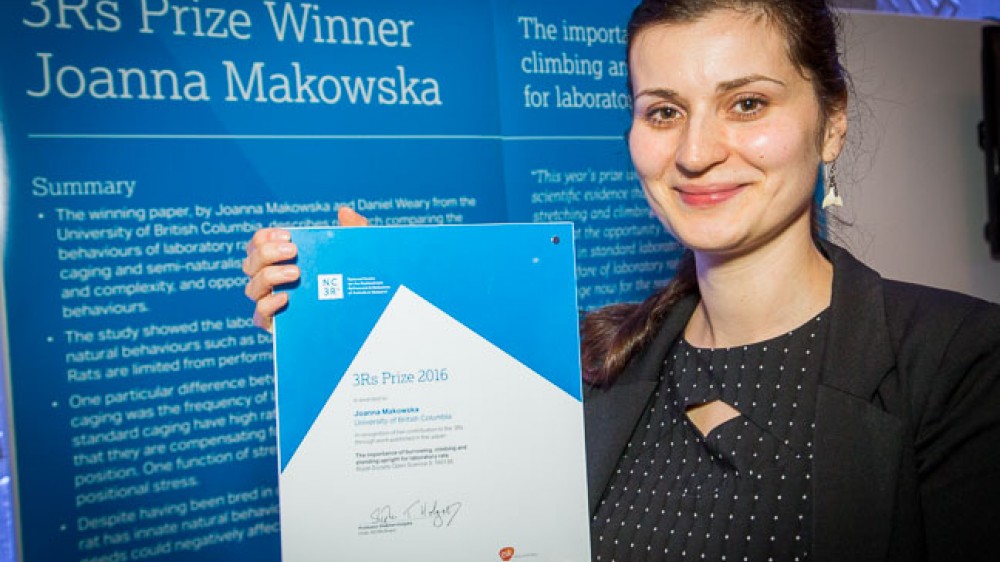
While 2017 is the Chinese year of the rooster you could say that it is the NC3Rs year of the rodent as we are launching a number of exciting initiatives focusing on the welfare of rats and mice.
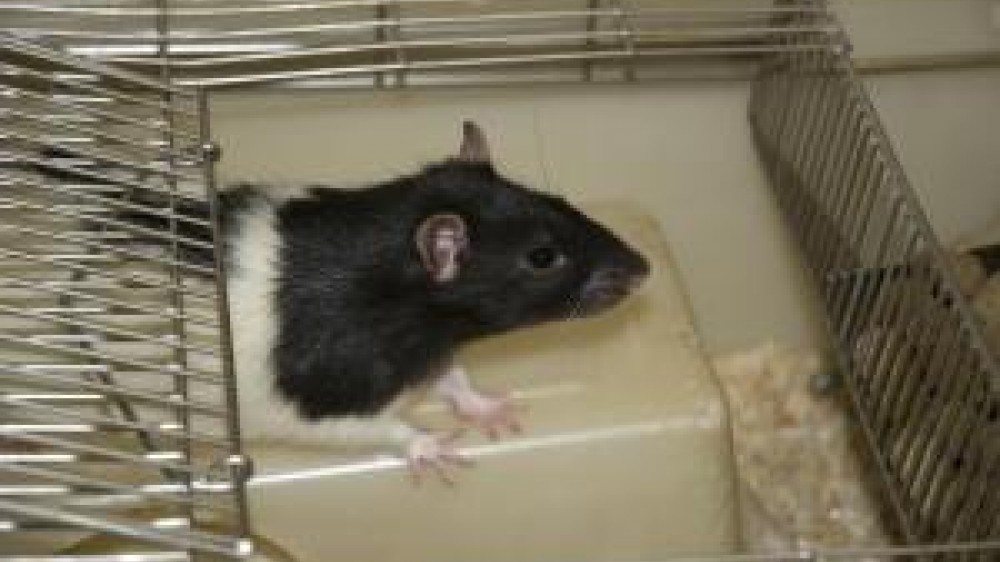
A recent review has summarised current and future opportunities to apply the 3Rs in the safety assessment of pharmaceuticals, highlighting scientific, ethical and financial benefits to the industry.

Scientists at the NC3Rs, AstraZeneca and University of Plymouth have conducted the largest survey to-date on the use and care of zebrafish in research.
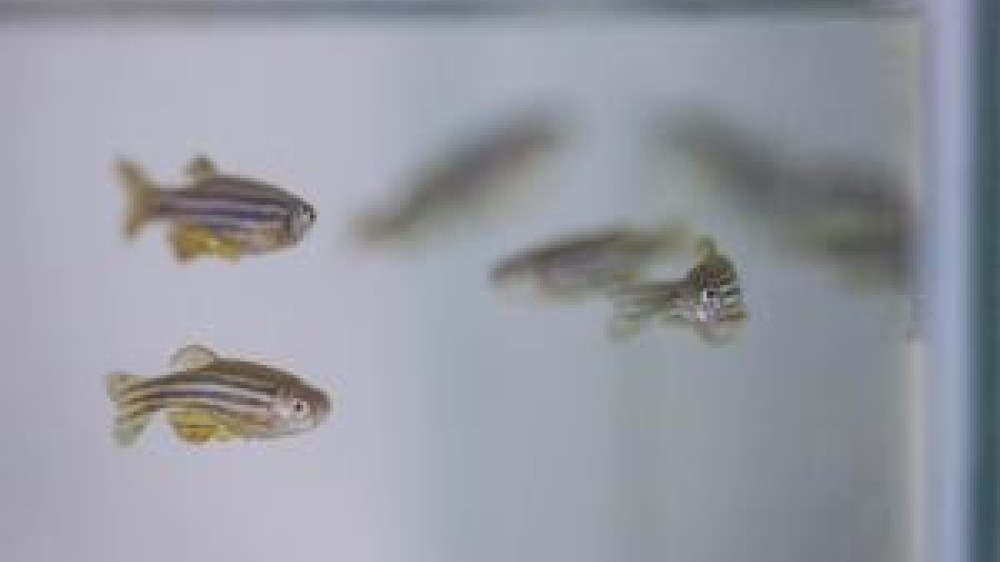
EU-based academics and SMEs whose technology is featured on the NC3Rs CRACK IT Solutions partnering platform will now be able to apply for funding of up to £50k to support collaborations that are identified through the platform.

A recent cross-sector review has highlighted several key approaches available for ecotoxicologists and risk assessors to evaluate potentially hazardous chemicals, while minimising the use of vertebrates.

We are pleased to announce seven new fellowships, a commitment of nearly £1.2 million to support talented early career scientists in the discovery and development of new technologies and approaches to replace, reduce and refine the use of animals in
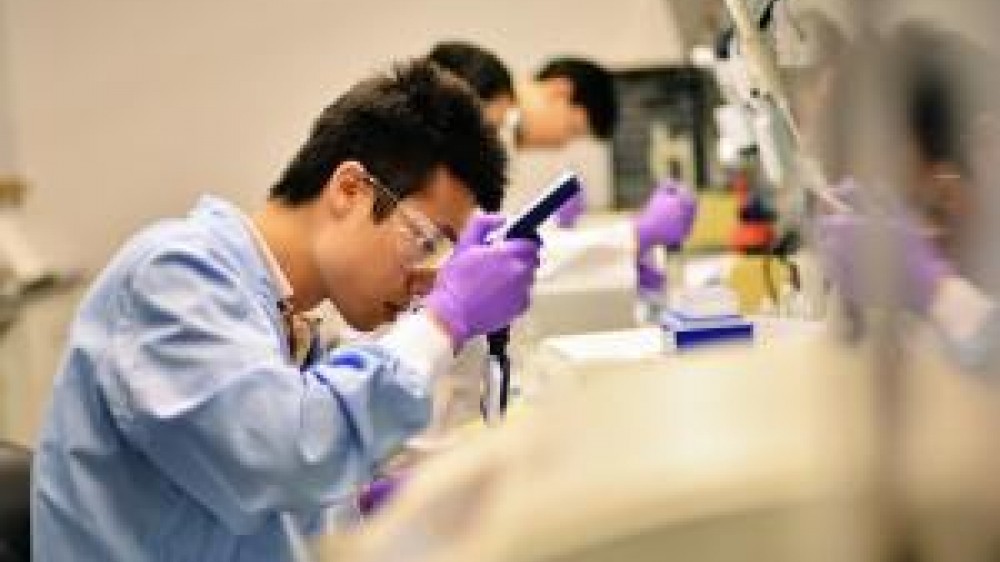
An innovative project has been awarded funding through the NC3Rs CRACK IT Solutions partnering programme which supports collaborations to develop and validate new technologies with commercial and 3Rs potential.
